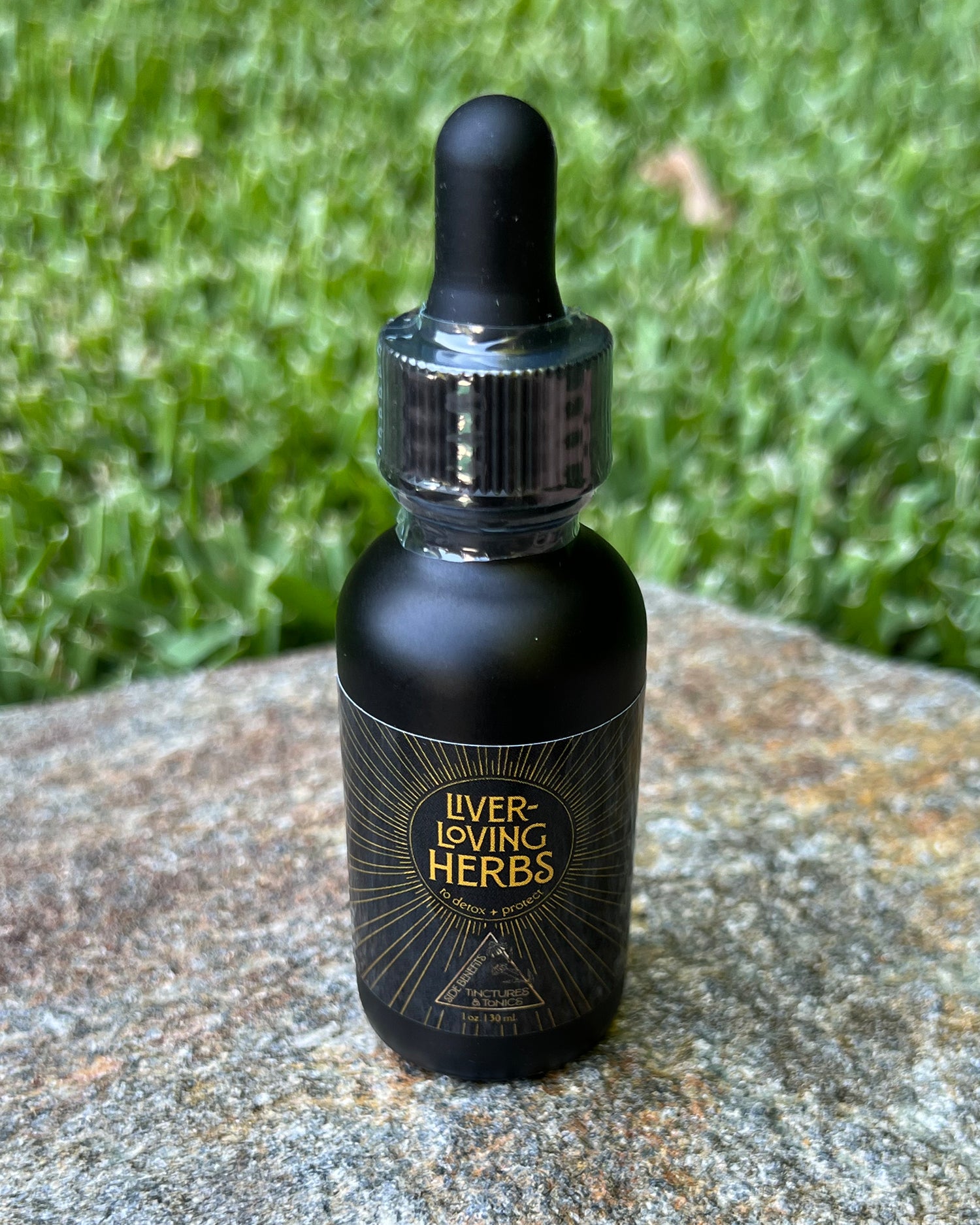Gallbladder health for optimal health
The pear-shaped gallbladder plays a very important role in your digestive system. This weird little organ releases stored bile into your digestive tract to emulsify fats and shuttle toxins from your body. Each year, around one million people develop gallstones and approximately 300,000 have their gallbladders removed (cholecystectomy) due to gallstones – but millions more are experiencing fat maldigestion and don’t even realize it (exacerbated by the popularity of keto and low-carb diets). Other risk factors for gallstones include poor diet, gender (women are more susceptible), race (most common in Native Americans), drugs (such as birth control pills, Tamoxifen or statins), estrogens, age, insulin resistance, obesity, and Type 2 diabetes. This is why it is critical to give your gallbladder some extra love now – before it malfunctions – to maintain optimal health.
If you experience symptoms such as a bitter taste in your mouth (after meals), pain under your right rib cage, burping after eating fats (or taking fish oil supplements), bloating, nausea (after eating a fatty meal), diarrhea, excess gas, light or clay-colored stools or sticky/streaky stools – you may be experiencing fat maldigestion.
What is bile?
Bile is a substance comprised mostly of bile salts, bilirubin, cholesterol, phospholipids, fatty acids, water, electrolytes, and more. Bile acids help us digest and absorb the fat-soluble vitamins A, D, E and K. Bile also breaks down foods, cholesterol, and can destroy harmful bacteria.
Bile is made in the liver and stored in the gallbladder, then secreted into the digestive system via a tiny duct in the duodenum (the first part of the small intestine).
Bile is like a river that sweeps cholesterol, used up hormones, and other toxins detoxed by the liver out through the intestines – making a fiber-rich diet hugely important to keep things moving. The bile that is stored in the gallbladder in a concentrated form can get sludgy if it goes unused for too long. When it goes unused due to not eating enough fat to cause the gallbladder to contract (normally triggered by the hormone cholecystokinin, or CCK) and use all of its stored concentrated bile – the thickened bile gets harder and harder to purge when fats are eaten. How does bile get thick? When we eat a low-fat diet (ahem, everyone in the ‘90s) or processed foods containing industrial seed oils (Canola, Safflower, Sunflower, Soybean, Grapeseed, Vegetable oil, etc.), this compromises the proper purging of bile from the gallbladder. When there is inadequate bile flow, fats go undigested and this can also lead to stone formation.
The liver not only produces and secretes bile to emulsify fats, it also manages carbohydrate metabolism – converting excess glucose for storage and later use, and secreting it as needed. It’s also involved in hormonal regulation, breaking down and discarding excess circulating hormones. And perhaps most importantly, it filters the blood, scans for toxins, and makes them safe for elimination – making it vitally important to keep healthy as well.
Fat digestion
The digestive system is dedicated to breaking down food and allowing its nutrients to be absorbed into the bloodstream, from where they are then carried to every part of the body. But this system is subject to a variety of problems and it is important that it is functioning well for the health of the whole body.
Processing fat is critical for maintaining optimal metabolic health. Digested and absorbed properly, fats conjugate hormones and keep them balanced, they make up cellular membranes, support brain health, and even help you lose weight. With a dysfunctional gallbladder, even the healthy fats can be underutilized, making us vulnerable to low energy, fatigue, mood concerns, as well as the storage of excess fat, which contributes to weight gain and obesity.
Perhaps one of the biggest roots causes of digestive dysfunction is low stomach acid (hypochlorhydria), which allows food to remain in the stomach for too long because the pH is too high to release the contents to the small intestine. This delay in stomach emptying is what leads to heartburn (acid reflux) gas & bloating. When food finally enters the small intestine, the next phases of digestion (release of protein digesting enzymes, bile, bicarbonate & pancreatic enzymes) go un-triggered. This digestive dysfunction leads to foods rancidifying/putrefying/fermenting in your intestines causing bad bacteria to overgrow. Now you potentially could have a leaky gut, candida, food sensitivities, diarrhea/constipation, and toxins/hormones being recirculated in your bloodstream.
Supports for gallbladder health
| Artichoke – one of the strongest herbs for digestion, it stimulates bile flow, thus leading to better digestion and helping the body break down food and alcohol more effectively. This digestive herb also strengthens liver and kidney function. |
Dandelion root & leaf – this herb is used for its diuretic properties and it restores potassium rather than depleting it like conventional diuretics do; also promotes healthy digestive functioning
|
|
Chanca piedra – this herb has alkalizing properties that may prevent and treat gallstones (and kidney stones) |
Peppermint – peppermint is a digestive herb that helps relax the muscles of the digestive tract and stimulates bile flow |
|
Fish oil – fish oils increase the bile acid content of the bile and lowers triglycerides; cholesterol is used to synthesize hormones, produce vitamin D, keep the brain functioning, and help protect the body from damage from oxidative stress. It’s also critical for producing bile and therefore digestion of dietary fat |
TUDCA (tauroursodeoxycholic acid) – may potentially help reduce gallbladder sludge and lower the risk of gallstones; research has found that TUDCA may help with bile flow, liver and kidney function, memory, Parkinson's disease, blood sugar control, gut health, mitochondrial function, metabolism, heart health, heavy metal toxicity, arthritis relief, and more (work with a functional nutritionist to see if this support is right for you) |
|
Phosphatidylcholine (PC) – one study found that PC reduced cholesterol gallstone formation in mice fed a high-cholesterol diet – PC levels increased, cholesterol saturation levels decreased |
Vitamin C – stimulates the conversion of cholesterol into bile acids, so low levels could enhance formation of stones |
|
Ox bile – helpful for those who have had their gallbladder removed and harmful to people who still have their gallbladder, as ox bile creates a negative feedback loop creating a dependency because it is giving the body the message to stop making its own bile (work with a functional nutritionist to see if this is right for you) |
More helpful supports – Amino acids (taurine, cysteine, glycine); Glutathione; Potassium iodide; Vitamin E
|
 Ultimately, human bodies need sufficient free-flowing bile to complete the breakdown of fats into absorbable molecules to keep us optimally well. If your body is sending you signs that it is having a hard time digesting fats or if you want to know how much healthy fat you should consume for YOUR body (yep, we’re all different), reach out to me so we can start figuring it all out.
Ultimately, human bodies need sufficient free-flowing bile to complete the breakdown of fats into absorbable molecules to keep us optimally well. If your body is sending you signs that it is having a hard time digesting fats or if you want to know how much healthy fat you should consume for YOUR body (yep, we’re all different), reach out to me so we can start figuring it all out.





